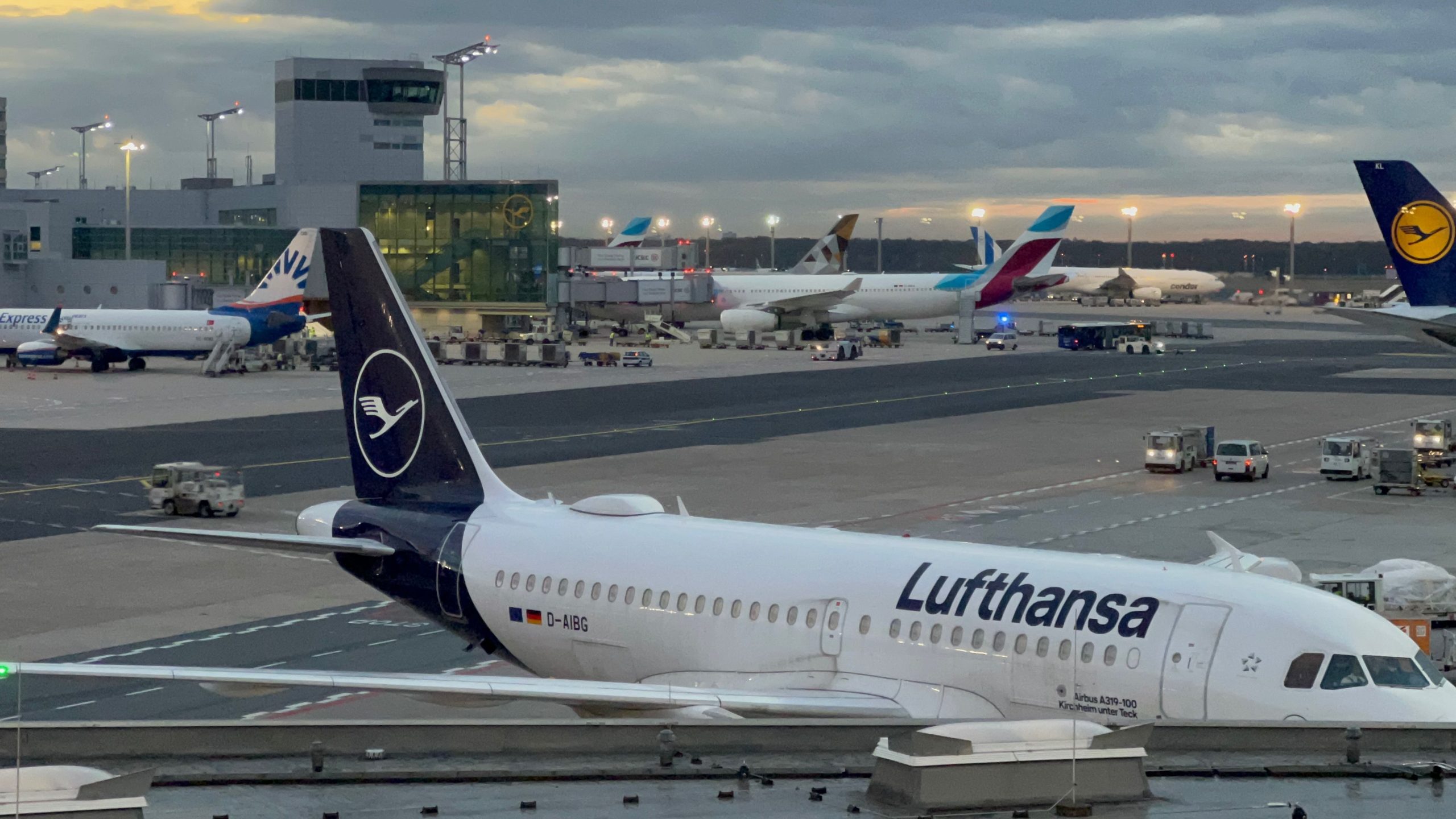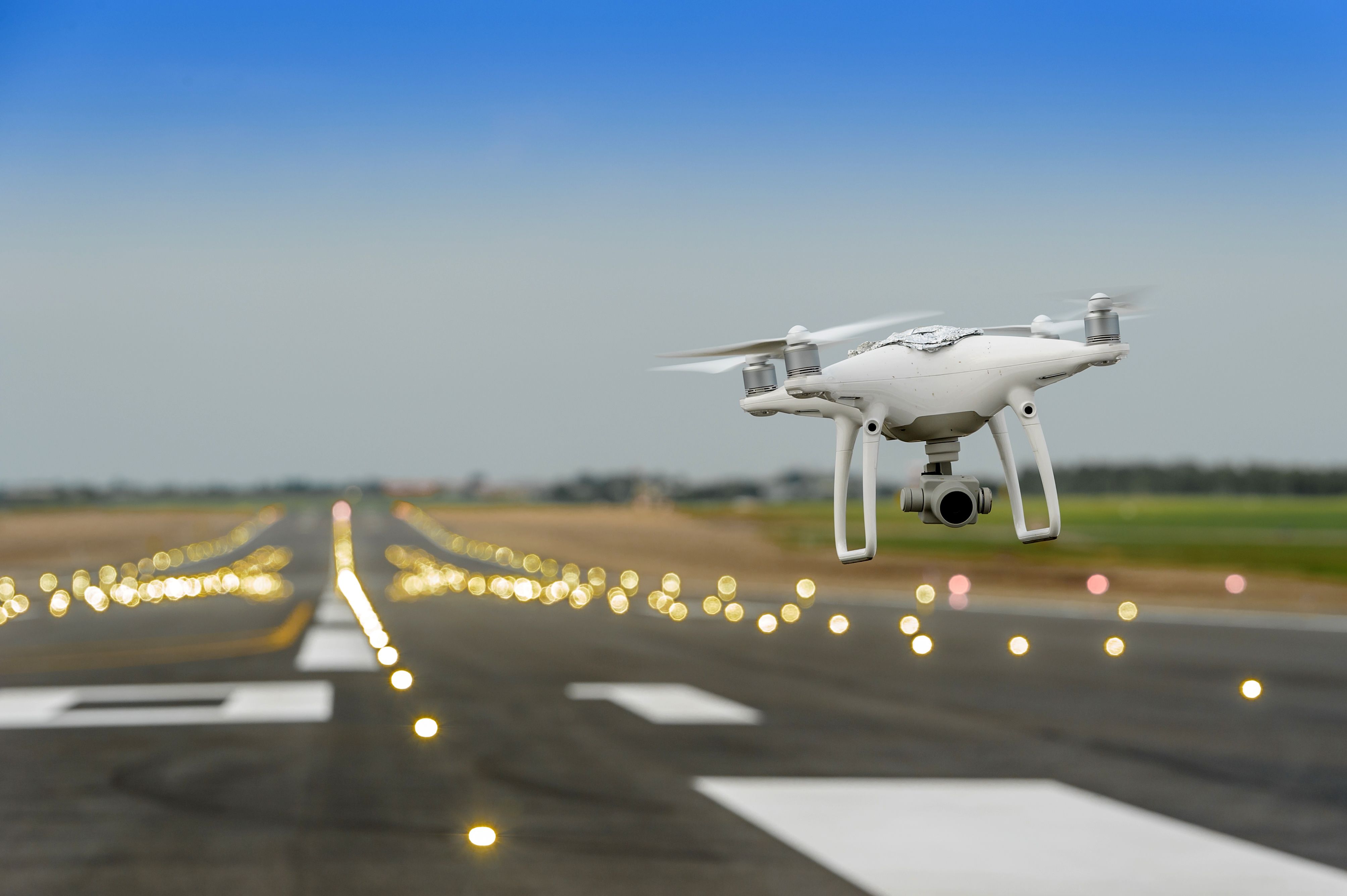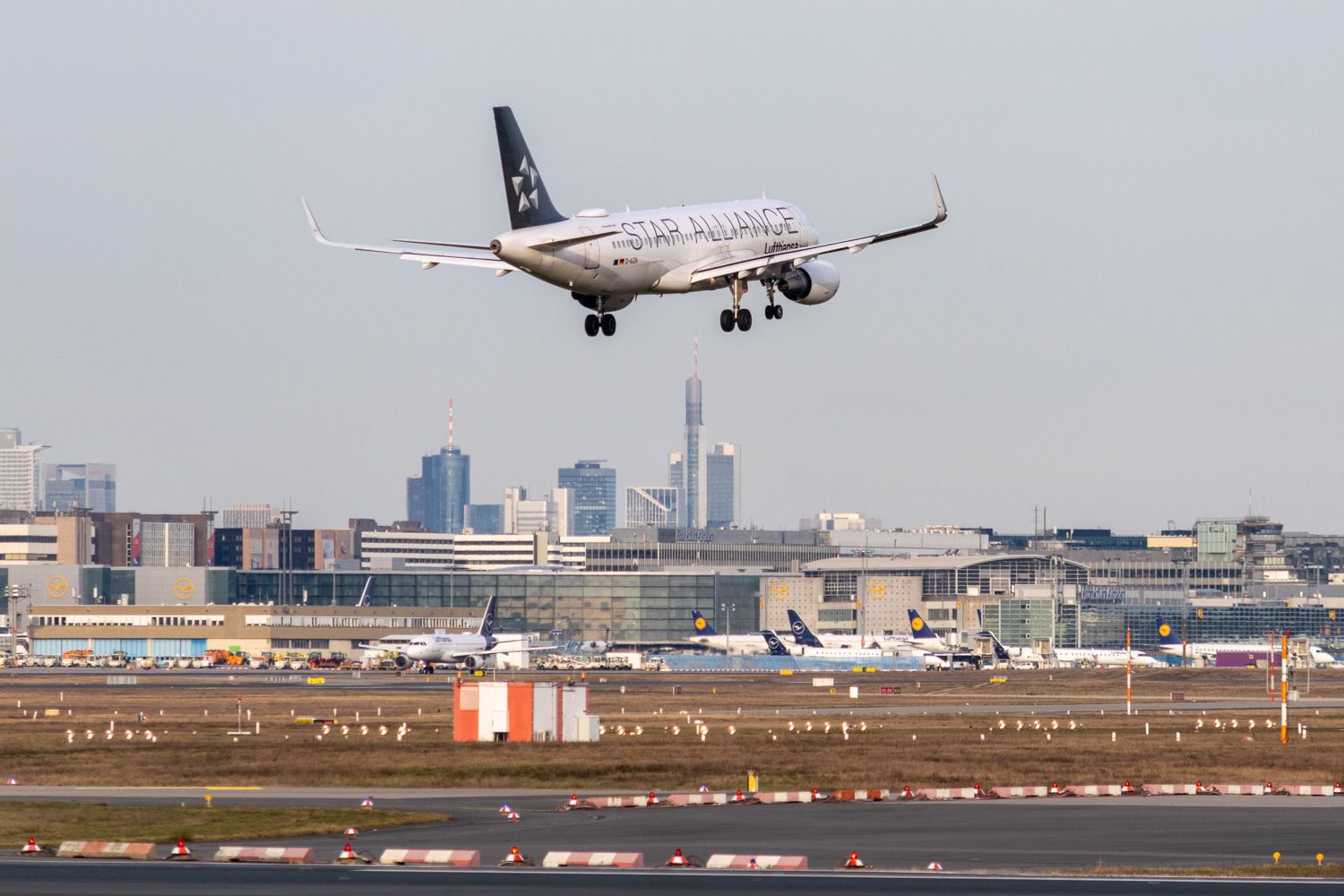Summary
- Frankfurt Airport experienced a temporary shutdown due to drone activity, causing numerous flight delays and diversions.
- The incident highlights the significant disruption that a single drone can cause, with over 285 delayed departures recorded.
- Drone disruptions at airports have become increasingly common, and industry standards for drone detection and prevention are inconsistent.
Operations at Frankfurt Airport were briefly suspended on Thursday following a suspected drone sighting. The incident led to scores of flight delays and diversions before operations returned to normal.
Drone sighting at Frankfurt Airport
Unauthorized drone activity around Frankfurt Airport (FRA) forced a temporary shutdown, leading to hundreds of delays – flight tracking website FlightAware shows there were over 285 delayed departures at Frankfurt on Thursday, demonstrating the magnitude of disruption a single drone can cause.
One passenger, Gursharan Singh, said on Twitter that the pilot of his Lufthansa flight claimed a drone was sighted “hovering over the runway,” placing all flights on hold. Several inbound flights were forced to divert to other airports in Germany.
While the runway was later cleared, ATC would have to wait 30 minutes as per regulations before resuming runway operations. With commercial drones readily available and growing in popularity, drone disruption has unfortunately become more common in the industry.
Previous incidents
Frankfurt Airport has been forced to shut down operations due to unauthorized drone activity on multiple occasions in the past. One such shutdown occurred in March 2020, leading to the cancelation of over 40% of flights that day, along with a couple of brief closures in 2019 due to drones.
Dealing with drones
Drones are usually too small to be picked up by conventional radar systems, meaning the industry has had to develop specialized solutions. For example, Dublin Airport has suffered from multiple incidents involving drones in the past year – in response, it implemented specialized anti-drone technology that jams the frequency drones operate on.
Photo: cinema99/Shutterstock
Industry standards of drone detection are inconsistent, with some airports better prepared than others. According to German air traffic control provider DFS,
“Detection systems that are already in use at various airports and which mainly come from military applications have proven to be ineffective and not very reliable in these tests. There is no universal solution that can be implemented equally at all airports. The solution could be a mixture of different sensor technologies, each with their individual strengths to compensate for their respective weaknesses.”
The safety threat drones pose to aircraft was evident last month when an Emirates Airbus A380 struck a drone while landing in Nice.
The collision damaged the jet’s right wing and grounded it for several days in an incident that could have been much worse.
Was your flight at Frankfurt Airport delayed because of drone activity yesterday? How do you think authorities should tackle unauthorized drone usage around airports? Let us know in the comments.
Source: FlightAware, DFS



